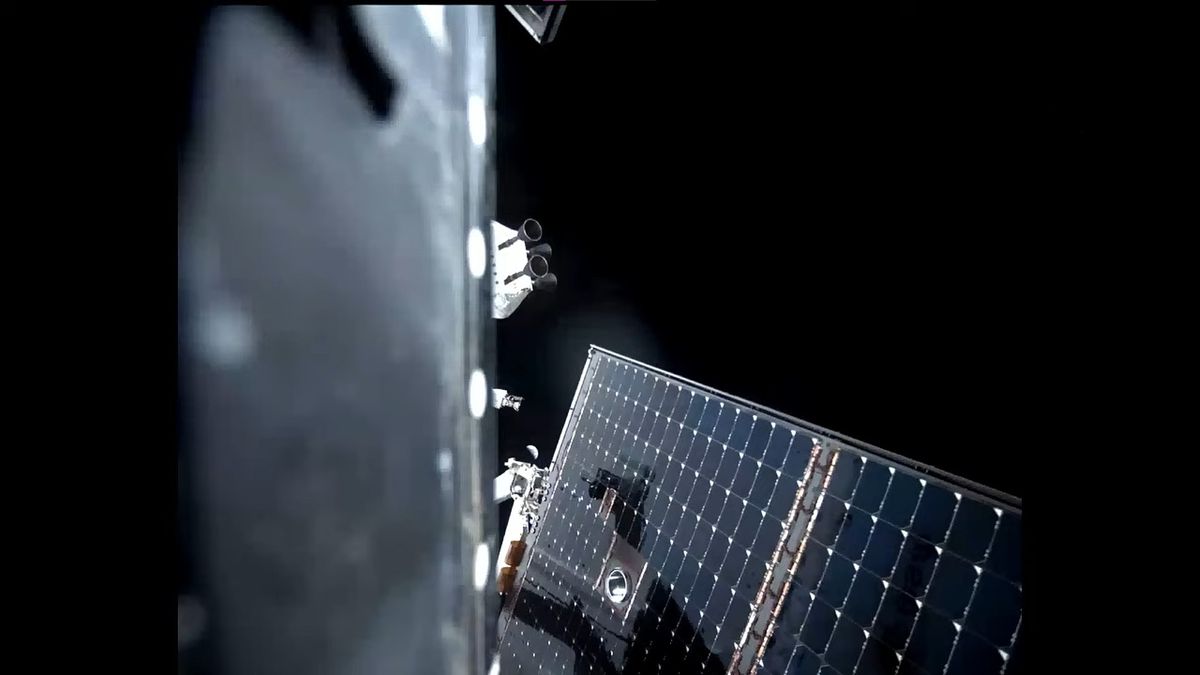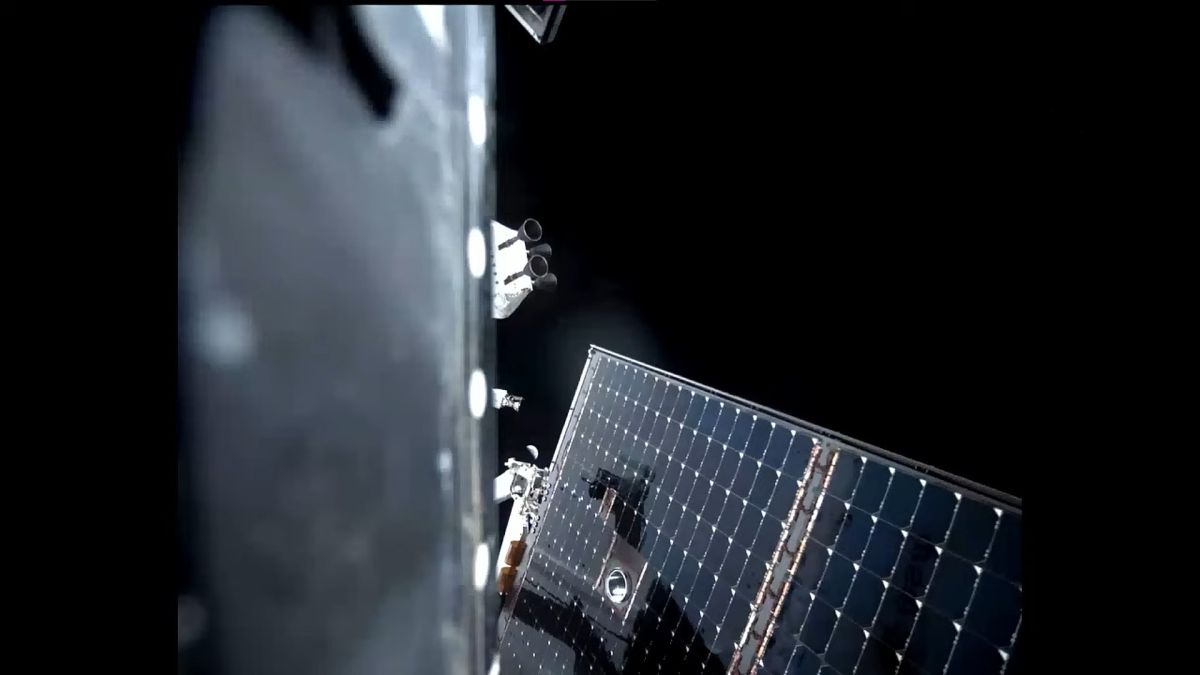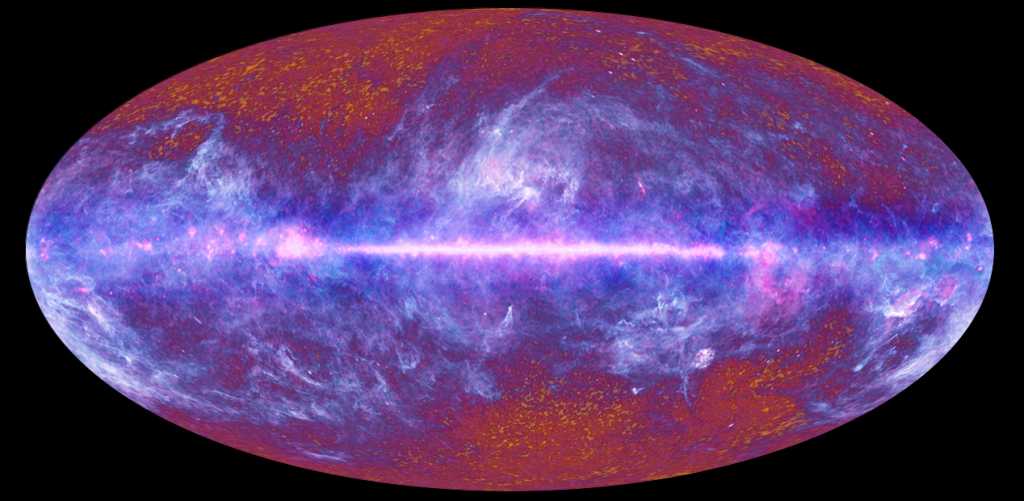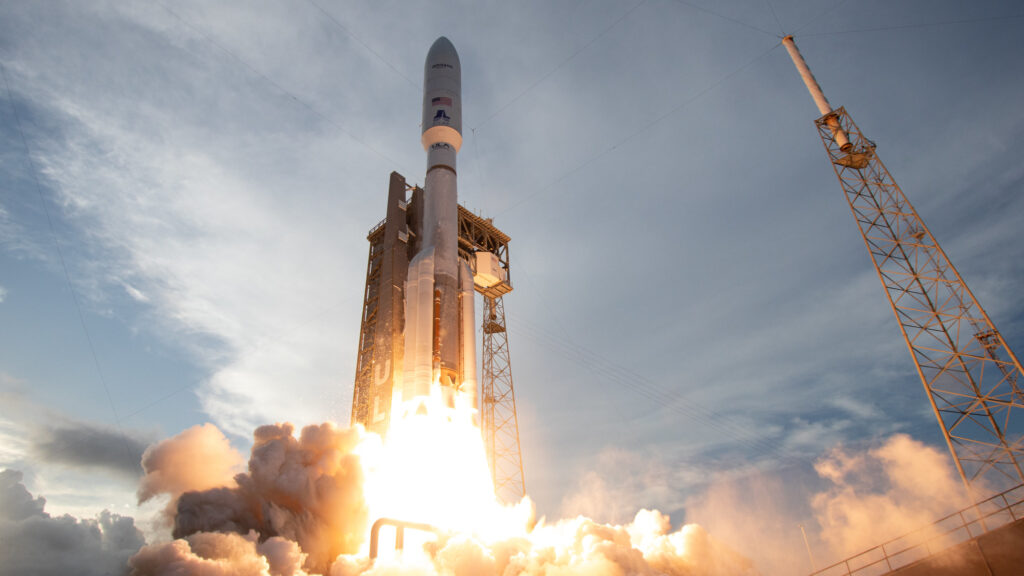
NASA’s Orion spacecraft had a brief power problem on Sunday (Dec. 4) just hours before successfully completing a crucial engine burn near the moon.
A power unit on board the Orion spacecraft turned off four devices “responsible for downstream power” that connect to the Artemis 1 vehicle’s propulsion and heating subsystems, NASA officials wrote in a statement (opens in new tab). But mission personnel swiftly put a fix in place and the mission is carrying on, the statement emphasized.
“Teams confirmed the system was healthy and successfully repowered the downstream components,” agency officials wrote in the statement, released late on Sunday. “There was no interruption of power to any critical systems, and there were no adverse effects to Orion’s navigation or communication.”
In photos: Artemis 1 launch: Amazing views of NASA’s moon rocket debut
Despite the hiccup, Orion appeared to sail through a crucial engine burn near the moon Monday (Dec. 5) to put it on course for a splashdown in the Pacific Ocean on Dec. 11. The issue occurred shortly after a different trajectory burn on Sunday that started at 11:43 a.m. EST (1643 GMT), and NASA is investigating the cause.
The power glitch was identified shortly after Orion came back into contact with NASA’s Deep Space Network at 1:41 p.m. EST (1841 GMT) on Sunday, following a planned power outage; Orion periodically is out of contact with Earth as it flies on the back side of the moon, where it cannot beam signals to antennas on our planet.
NASA engineers are unsure whether the issue is linked to a previous problem with the devices, which are called umbilical latching current limiters. On Flight Day 5 of the mission, around Nov. 21, one of the eight devices opened (opens in new tab) without a command. Engineers commanded the device to close and had no issue in doing so, officials said at the time.
RELATED STORIES:
Orion is on a journey to iron out kinks like this ahead of the first crewed mission, which is expected to be Artemis 2 in 2024 or so. The flight has had other minor problems, such as temporary faults in the capsule’s random access memory and an issue during which Orion fell out of contact with Earth for 47 minutes.
Nevertheless, Artemis 1 has so far checked off all of its required major mission milestones since its launch on Nov. 16.
Elizabeth Howell is the co-author of “Why Am I Taller (opens in new tab)?” (ECW Press, 2022; with Canadian astronaut Dave Williams), a book about space medicine. Follow her on Twitter @howellspace (opens in new tab). Follow us on Twitter @Spacedotcom (opens in new tab) or Facebook (opens in new tab).



